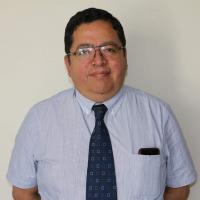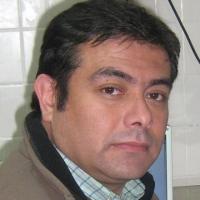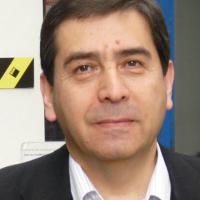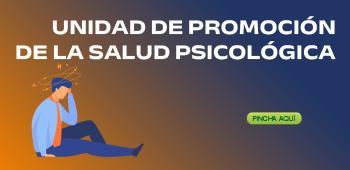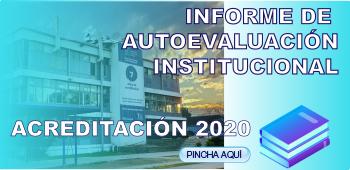Abstract:
Dr. Francisco A. Cubillos is a distinguished scientist with a strong background in Genetics, Molecular Biology, and Ecology. He earned his PhD in 2010 from the University of Nottingham, UK, working under the esteemed supervision of Prof. Edward J. Louis and Dr. Gianni Liti. During his doctoral studies, Dr. Cubillos focused on unraveling the genetic architecture of complex traits in the model organism Saccharomyces cerevisiae. His research played a pivotal role in identifying key genes responsible for phenotypic variations among strains. This work led to the publication of nine impactful manuscripts, showcasing his expertise and contributions to the field.
After completing his PhD, Dr. Cubillos pursued postdoctoral research at the INRA-Versailles Research Centre in Paris, France. Under the mentorship of Dr. Olivier Loudet, he explored the model organism Arabidopsis thaliana, investigating natural variation in expression traits and the role of non-coding regions in plant adaptation to extreme environments, specifically drought stress. Driven by his passion for understanding the molecular basis of expression differences, he employed cutting-edge 'omics' approaches such as RNA-Seq, DNA-Seq, and epigenome sequencing. It was during this time that Dr. Cubillos received a prestigious returning grant from CONICYT, allowing him to return to Chile and establish his own research group.
Currently, Dr. Cubillos leads a dynamic research line that combines Ecology, Genetics, and Molecular Biology. His primary focus lies in studying native ethanol-tolerant yeast from Patagonia, with an emphasis on species such as S. eubayanus, S. uvarum, and L. cidri. The Cubillos lab is actively engaged in multiple ongoing projects aimed at generating novel lager hybrids by leveraging the vast genetic diversity of S. eubayanus from Patagonia. These initiatives involve utilizing diverse genetic improvement techniques, transitioning from studying yeast ecology in the wild to exploring their biotechnological applications.
Dr. Cubillos' exceptional research contributions have been recognized through numerous research and international collaboration grants. His notable accolades include being named an EMBO Global Investigator, a TWAS Young Affiliate, and receiving the distinguished titles of 2022 Best Chilean Young Scientist and Ciencia de Frontera Researcher by the National Science Academy. So far, Dr Cubillos has published over 50 WoS Manuscripts.
Dr. Cubillos' research endeavors continue to push the boundaries of knowledge in his field, fostering collaborations, and driving advancements in Ecology, Genetics, and Molecular Biology.
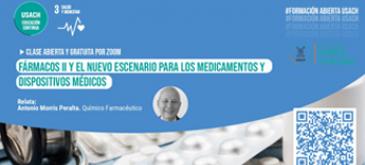 Jun 511:00
Jun 511:00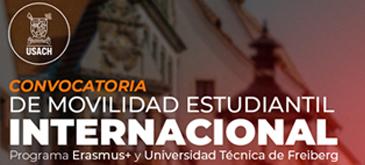 Mayo 614:00Atención estudiantes de postgrado:
Mayo 614:00Atención estudiantes de postgrado: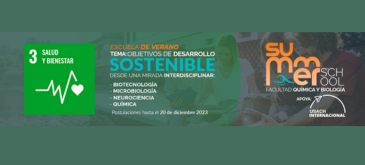 Ene 809:45
Ene 809:45
